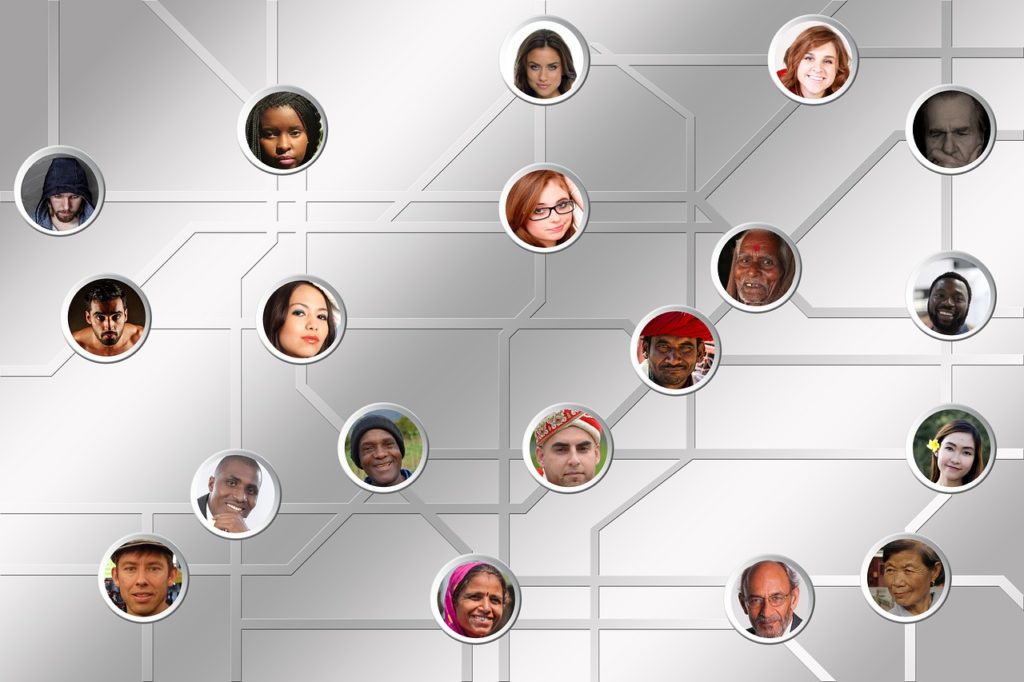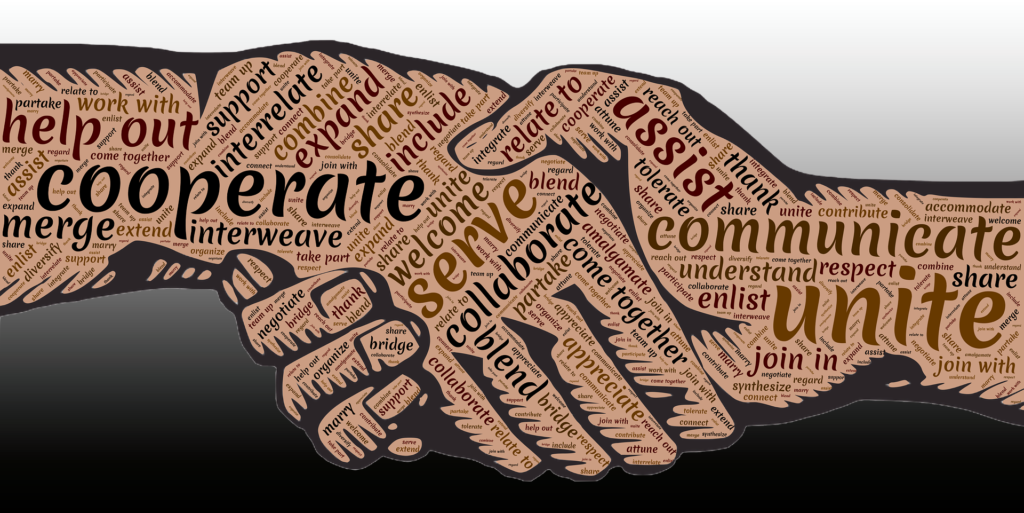Success vs Enough
What do I mean by does success equal enough? My job is to help managers develop the self-awareness and critical thinking skills required to lead people. One of the first things I want to know is what interested them in the job in the first place. So let’s start there. What was your first reason for going into management? Many people, if not most, are great individual contributors and it seems like the next logical step. At a certain point in our career, we expect to move up. It is the next logical step. But does it have to be? Do we really have to climb the ladder to be considered a success? What if we occasionally fail, are we still a success? For that matter, who defines what success means for us?
We are conditioned from day one to believe that the more we have, the more successful we are. Our societal norms dictate that the more money we make, the bigger office we have, and the better car we drive all mean the more successful we are. It reminds me of the old saying, “He who has the biggest toys wins”. I’m suggesting that we stop chasing “more” and start seeking “enough
Discovering My “Enough”
The Military consists of Enlisted Personnel and Officers. In simplified terms, the enlisted are the worker bees and the officers are the managers. Unlike the civilian world, there 9 steps for advancement in each group E1 (seaman) through E-9 (Master Chief Petty Officer) Officer Ranks are Ensign through Admiral respectively. Check out the Department of Defense website resource for a list of military rank insignias.
I began my career as an E3 and a year later was promoted to E4. A year after that, I applied for and was accepted to Officer Candidate School (OCS) and entered shortly after taking the test for advancement to E5. During the 16 weeks of training (in Newport Rhode Island in the dead of winter), to earn my commission as an O1, I was informed that I had passed the exam and was on the E5 promotion list. I remember running around telling a bunch of soon-to-be Officers how proud I was of the news. Most of them thought I was crazy. What was so great about being an E5 when in a few months we were all going to be O1s (providing we all survived the training and the weather)?
I have to admit that I was more excited about that than I was about becoming an Officer. I was supposed to become an officer because I had the education and the aptitude. Being an Officer was the next rung on my success ladder. What I didn’t realize was that being an E5 would have been enough. A few years later I had the honor of serving with Mr. Ed.
The Amazing Mr. Ed
Mr. Ed was the most amazing E5 I’ve ever met. For one thing, when we went out in the field if you needed anything, and I mean anything, Ed Landefelt probably had it. It didn’t matter if it was a screwdriver, scotch tape, or Pepto Bismal, Ed had it and most of it was usually in an old, battered fishing vest he always wore. So many pockets, so much stuff.
My favorite memory happened on an overseas flight back to the states. A sailor came to me and said he wasn’t feeling well. He wanted to know if I had any Pepto Bismal. My first thought was, “Oh sure, I always walk around with Pepto Bismal in my pocket”. Fortunately, it was just a thought. Instead, I said, “Go ask Ed”. Wouldn’t you know it? 35 thousand feet in the air, Ed reaches into one of his magic pockets, and Voila, the little pink tablets appear. I couldn’t stop laughing. It wasn’t even a roll of Tums. He specifically had Pepto Bismal!
This was part of the magic of Mr. Ed. The other part of the magic is that Ed had enough and he knew it. He was happy being an E5 and he wanted to keep being an E5. He enjoyed the work and he did it well so he made a conscious decision to not participate in the exams he needed to promote to E6.
What is Enough?
So what does this have to do with being enough? What if you’re happy doing you and someone else tells you that what is enough for you is not enough for them? That’s what happened to Ed. Because of the military’s up or out policy, the Commanding Officer had to justify why allowing him to stay in the military as an E5 was not only good for him, it was good for the Navy. Ed didn’t want to promote, he was happy where he was because he had found his “enough”. The powers that be finally got the message and Ed was able to stay in the Navy long enough to retire.
The thing about enough is that it is intrinsic. It doesn’t matter how many companies you work for or how many jobs you have. I loved being an Officer and it turned out that my “enough had nothing to do with my paygrade and everything to do with being a public servant. I loved the work and I loved my people. As a result. I became a fierce servant leader in every subsequent job.
So what does this have to do with you and your desire to be the boss? It is a reminder that no one can define success for you except you. It is a reminder to find not only what you’re good at but what is good for you. And more than anything, it serves as a reminder that you can discover your own “enough” hiding in the middle of your search for success. Take the time to make sure you recognize “enough” when you see it.


